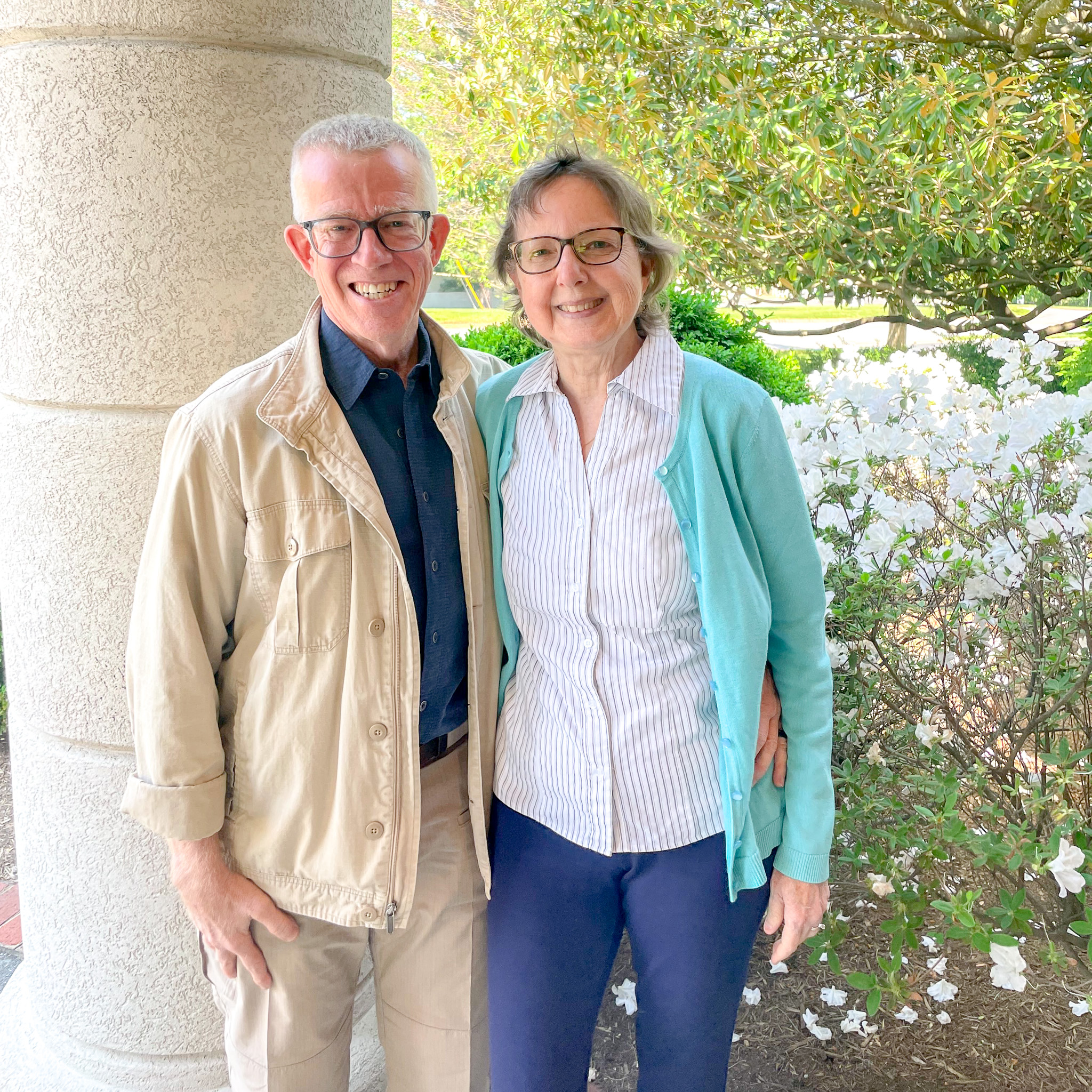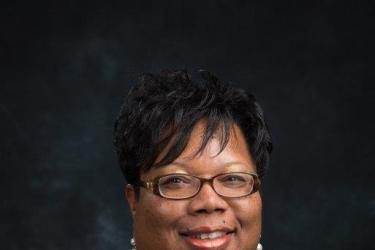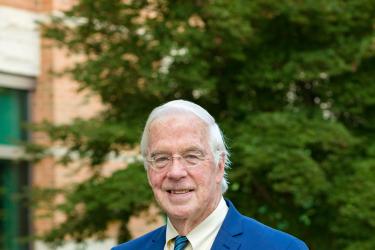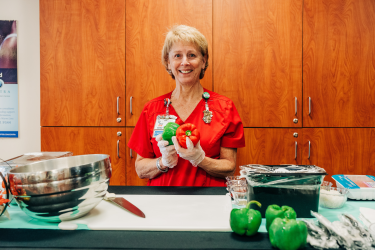Imagine waking up in the middle of the night and feeling a weird sensation across your body. You get out of bed and begin to walk around to see if the strange feeling will subside, but it doesn’t. Suddenly, you notice that you have lost all ability to use your right hand. You go to wake your spouse and when you try to say their name, you aren’t able to speak.
This is a scary situation and one that happens more often than you would think. According to the Centers for Disease Control & Prevention, “Every 40 seconds, someone in the United States has a stroke” (Source 1). This also happened to Paul Webb one year ago. Thankfully, his wife, Maureen, a retired nurse, knew the signs of a stroke which can be remembered through the acronym, “FAST” (facial drooping, arm weakness, speech difficulties and time).
After realizing that her husband was likely experiencing a stroke, Maureen quickly dialed 911 and an ambulance soon arrived at the Webb’s home to transport Paul to the Lynchburg General Hospital (LGH) Emergency Room. When he arrived, the stroke patient protocol was enacted immediately which allowed Paul to receive the necessary tests and scans in an efficient manner before undergoing a surgical thrombectomy with the goal of removing the blood clot that was inside his mid-carotid artery.
After his surgery was over, Paul was moved to the Neurological Intensive Care Unit where he spent two nights. He remembers that during his stay in the unit, one night shift nurse went above and beyond in her care by sharing stories of relatives who had experienced strokes and how they eventually recovered from them and by giving Paul a stress relieving football that he’s kept to this day.
After his time in the Neuro-ICU, Paul was moved to the Step-Down Unit. During his time there, he began to receive daily care from a physical therapist, occupational therapist and speech therapist. While participating in speech therapy, it was identified that Paul was experiencing Apraxia which is, “the loss of ability to execute or carry out skilled movement and gestures, despite having the physical ability and desire to perform them” (Source 2).
It was clear that Paul would need extensive rehab to address this challenge and he was transferred to Virginia Baptist Hospital’s (VBH) Acute Rehab Unit where he spent 13 days participating in therapy which he described as, “a lot of hard work.” Every day, he spent an average of three hours in therapy that was tailored to his present condition which made the phrase, “The fatigue is real,” one of his mottos.
Paul also remarked that it was amazing to watch the seamless teamwork that was exhibited by his entire care team. From his supervising physician, Dr. Medina-Bravo, to his physical therapist, Jennifer Coates, he felt that each member of his care team was dedicated to meeting the challenges of his present condition and developing an effective treatment plan even down to the delicious food that was prepared by the VBH Café Staff.
After being discharged from VBH’s Acute Rehab Unit, Paul continued to participate in various forms of therapy in the outpatient setting. Now, one year later, Paul is focused on continuing to improve his speech abilities and return to a place where he can teach yoga classes again. Today, Paul says he is the same person that he was before these experiences but through his “stroke of insight,” in the last year is he’s learned how to be more compassionate with himself and to be more self-aware. He emphasized that your attitude’s impact is significant, going on to say, “My entire care team said my attitude was the key to my healing and recovery. Outlook changes everything.”




